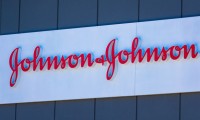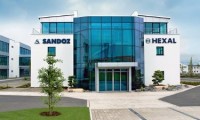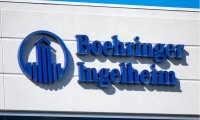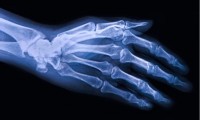-
J&J Exceeds Q2 Expectations, Oncology and Immunology Top Pharma Drivers
- Source: drugdu
- 111
- July 24, 2023
-
Bilateral total knee arthroplasty may increase risk of complications
- Source: drugdu
- 120
- July 10, 2023
-
Sandoz launches high-concentration biosimilar of AbbVie’s Humira in the US
- Source: drugdu
- 116
- July 7, 2023
-
first interchangeable biosimilar to Humira rolls out across US
- Source: drugdu
- 134
- July 5, 2023
-
FDA rejects Alvotech’s Humira biosimilar for the third time
- Source: drugdu
- 109
- July 1, 2023
-
Johnson & Johnson inks another Stelara patent settlement, this time with Alvotech and Teva
- Source: drugdu
- 124
- June 14, 2023
-
European Commission grants two new marketing authorisations for UCB’s Bimzelx
- Source: drugdu
- 112
- June 12, 2023
-
Freiburg researchers gain new insights into metabolic processes in the kidney
- Source: drugdu
- 128
- June 7, 2023
-
Novartis receives EC approval for Cosentyx in hidradenitis suppurativa
- Source: drugdu
- 129
- June 4, 2023
-
Common diabetes drug could be repurposed as a treatment for autoimmune disorders
- Source: drugdu
- 136
- May 26, 2023
your submission has already been received.
OK
Subscribe
Please enter a valid Email address!
Submit
The most relevant industry news & insight will be sent to you every two weeks.













